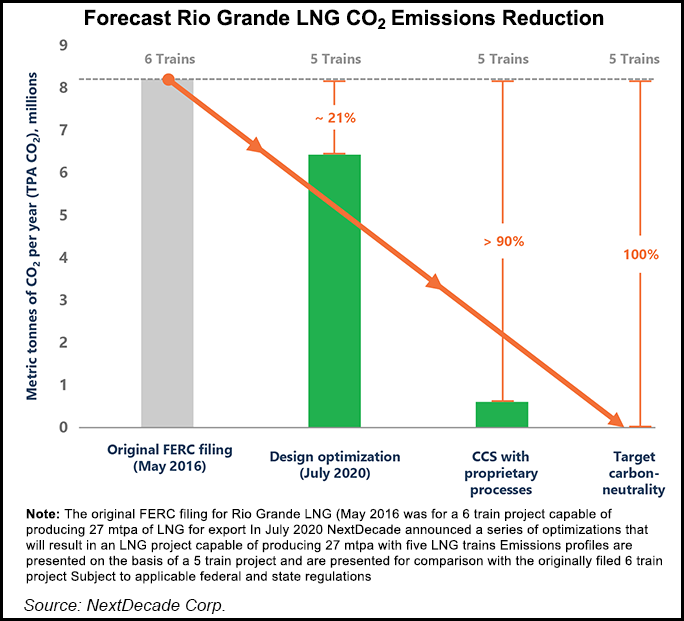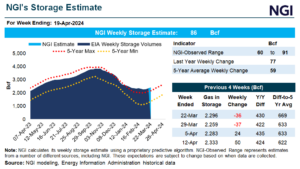Regulatory | Energy Transition | Infrastructure | LNG | LNG Insight | NGI All News Access | NGI The Weekly Gas Market Report
NextDecade Seeks FERC Approval for CCS at Rio Grande LNG
© 2024 Natural Gas Intelligence. All rights reserved.
ISSN © 1532-1231 | ISSN © 2577-9877 | ISSN © 1532-1266 |



